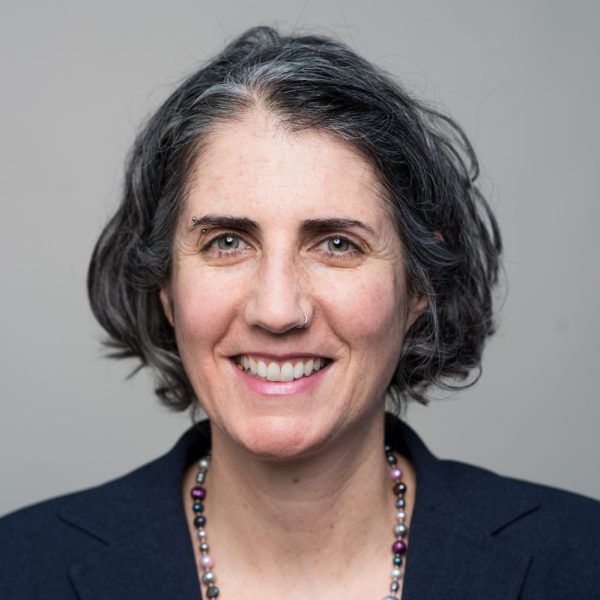Biography
Julia E. Rodriguez is the Nursing, Health Sciences and Scholarly Communications Librarian at Oakland University (OU) in Rochester, MI. She is the team leader for the campus-wide Affordable Course Materials Initiative and coordinates OU Libraries’ open access initiatives including the OA Pilot Fund, OER programming and OU’s institutional repository, OUR@Oakland. She provides assistance for faculty with research and publishing and information literacy instruction and student research support as the librarian liaison to School of Nursing and the School of Health Sciences. During the 2019-2020 academic year she is co-leading the OER faculty learning community: Converting to a Zero Textbook Price Course. Her research interests include social media use in education, instructional pedagogy, copyright, open access and scholarly communication. Julia earned her Master of Library and Information Science from the University of Pittsburgh, with a concentration on Digital Libraries.
Leadership Portfolio
During the SPARC leadership program Julia spent time critically reading, pondering and tweeting about OER and OEP. She developed resources to better educated the Oakland community about OER and affordable course materials options and drafted the campus plan for an Affordable Course Materials Initiative which was endorsed and funded by the Provost. For her capstone project, Julia conducted an OER readiness and environmental scan of three departments with the high enrollment courses to gather data about current practices, structures, policies, attitudes and course material usage to determine which departments would most likely switch to OER or low-cost alternatives.
To conduct the scan, she developed a methodology that relies on a deep listening approach for conducting a textbook listening tour. Deep listening “is a way of hearing in which we are fully present with what is happening in the moment without trying to control it or judge it.” This methodology allows for the listener to hear the intention of the speaker, and actively listen in an empathetic supportive manner that builds trust. The listening tour data was used to immediately address low hanging fruit that arose during the discussion. The data gathered supported the campus affordable course materials initiative which launched during this time. The full environmental scan methodology was developed into a community resource using a publicly accessible Google document.
